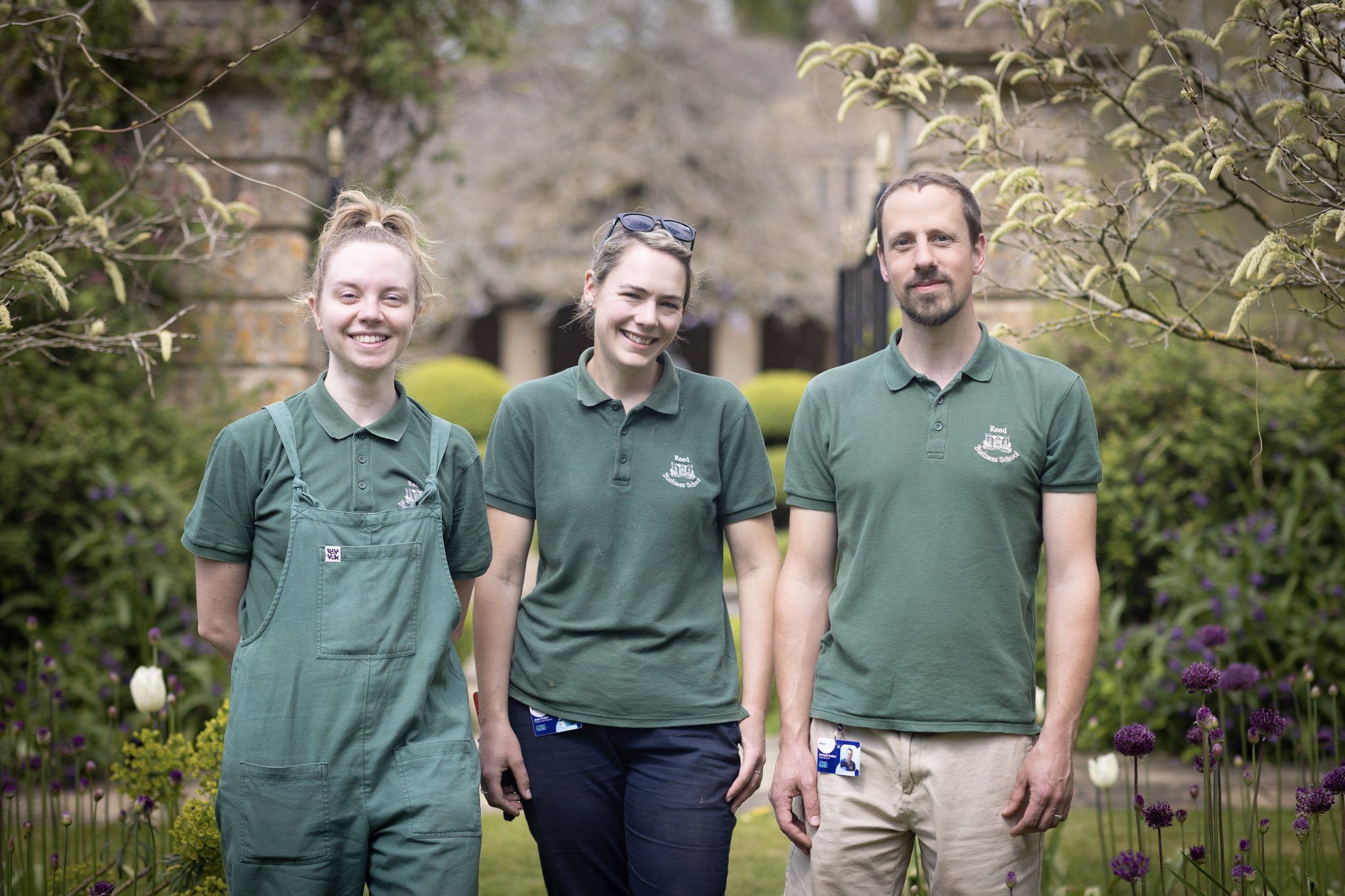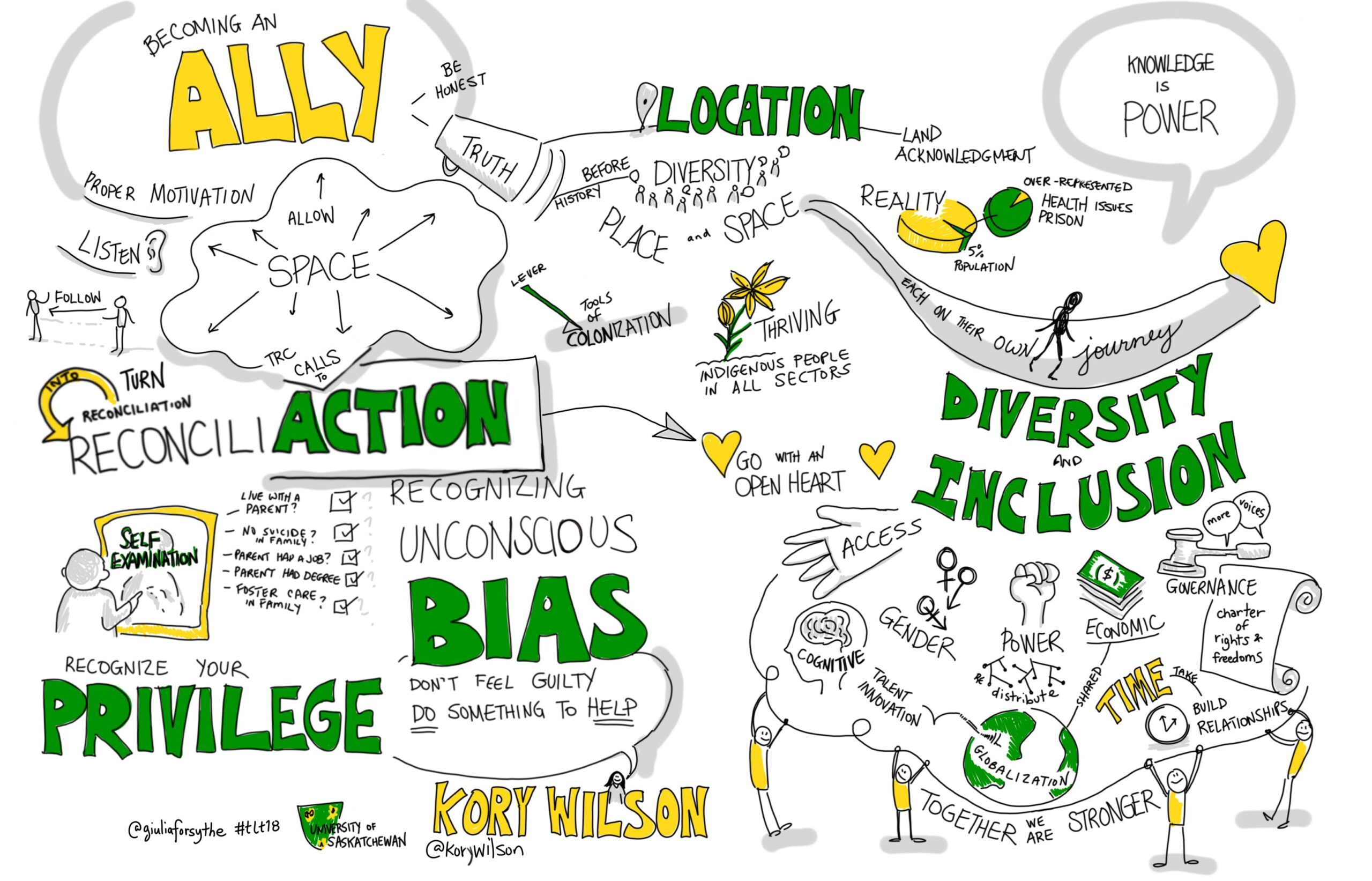As November rolls in, so does an important global initiative known as “Movember.” This month-long event aims to raise awareness of men’s health issues, with a particular focus on physical and mental well-being.
Originally rooted in the idea of growing mustaches to spark conversations and promote awareness, Movember has grown into a powerful movement that encourages men to take charge of their health, discuss their issues openly, and seek necessary medical attention. In this article, we’ll explore the multifaceted approach of Movember, which addresses key aspects of men’s health, including mental health, prostate, and testicular cancer.
Mental Health Matters
Mental health is an essential but often overlooked aspect of men’s overall well-being. Many men face significant challenges when it comes to discussing their feelings and seeking help for mental health issues. Movember strives to combat this stigma by encouraging open conversations, offering support, and emphasising the importance of staying connected with friends and family.
Staying Connected: One of the primary goals of Movember is to encourage men to reach out to their loved ones. Simple conversations can be therapeutic and can help alleviate stress, anxiety, and feelings of isolation. Whether it’s a heartfelt chat with a close friend or a deep discussion with a family member, staying connected can have a profoundly positive impact on mental health.
Talking Through Problems: Movember urges men to share their thoughts and feelings. Talking about problems and issues can help reduce the burden of emotional distress. Opening up about challenges can lead to finding solutions, gaining support, and ultimately improving mental well-being.
Seeking Professional Help: For men facing more serious mental health issues, such as depression, anxiety, or suicidal thoughts, Movember encourages seeking professional help. Speaking with a mental health expert can provide valuable guidance and strategies for managing and overcoming these challenges.
Physical Health Focus
In addition to addressing mental health, Movember places a strong emphasis on physical health issues that affect men, particularly prostate and testicular cancer. Early detection and awareness are key to increasing survival rates and improving the quality of life for men diagnosed with these conditions.
Prostate Cancer: Prostate cancer is one of the most common cancers in men. Regular check-ups, discussions with healthcare professionals, and understanding the risk factors can lead to early detection and more successful treatment. Movember encourages men to get regular screenings and discuss their prostate health with their doctors.
Testicular Cancer: Although less common than prostate cancer, testicular cancer is primarily diagnosed in younger men. Self-examination and understanding the signs and symptoms are essential for early detection. Movember provides information on how to perform testicular self-exams and raises awareness about the importance of seeking medical advice if any abnormalities are noticed.
Physical Activity and Nutrition: Leading a healthy lifestyle can significantly reduce the risk of developing various health conditions, including prostate and testicular cancer. Movember promotes physical activity and proper nutrition as preventive measures. Regular exercise and a balanced diet can help maintain a healthy body and reduce the likelihood of health problems.
Movember is more than just a month of mustache-growing; it’s a powerful initiative that aims to make a difference in men’s lives by addressing both their physical and mental health. Through open conversations, staying connected with friends and family, discussing problems, and promoting early detection of conditions like prostate and testicular cancer, Movember is making a substantial impact on men’s health and well-being. By participating in or supporting this movement, you can contribute to a healthier, happier, and more open society where men are encouraged to prioritise their health and seek help when needed.
Find out more about Movember at https://uk.movember.com/mens-health/general
Sign up for Movember at https://uk.movember.com/support-us?gclid=Cj0KCQjwqP2pBhDMARIsAJQ0CzoYTSz4ksrHN664DLV-JNStjT50JqhkK2huyHZCCJpRPbyl5hN3pjYaAsGvEALw_wcB
Download guidance on men’s health via this link Men’s health guide | World Cancer Research Fund UK (wcrf-uk.org)









